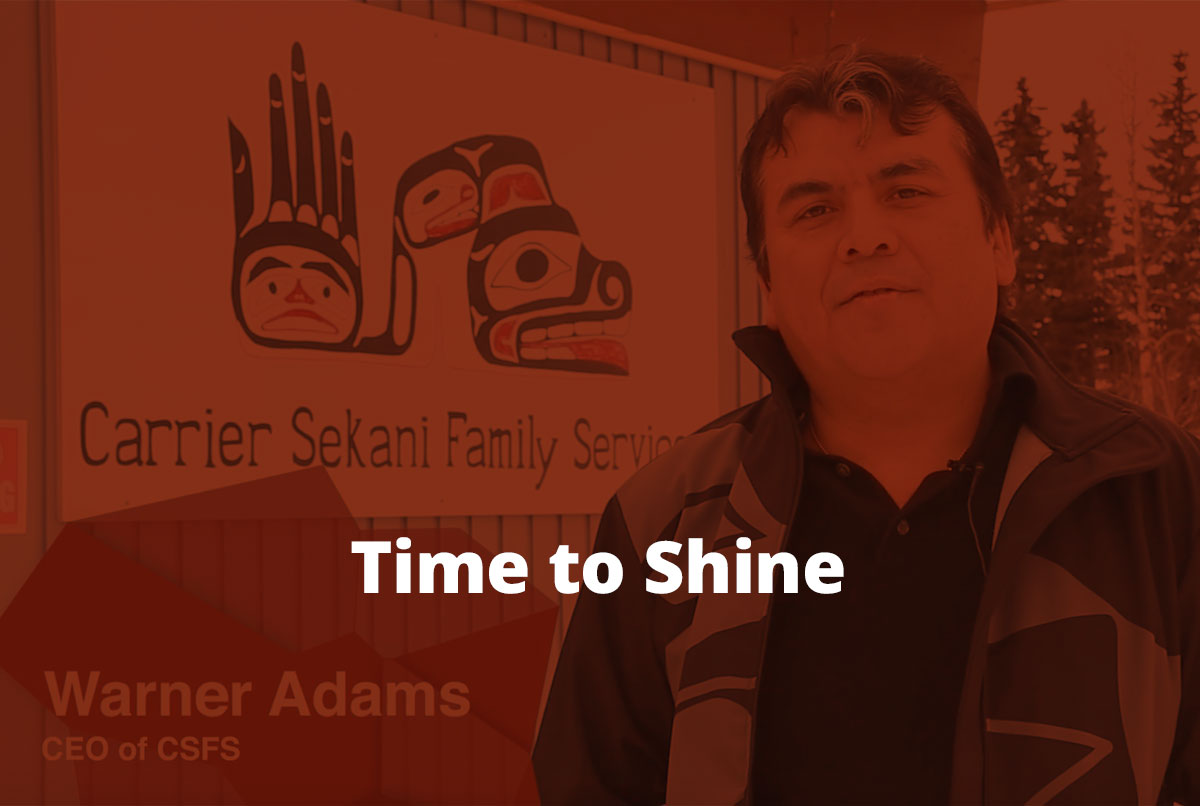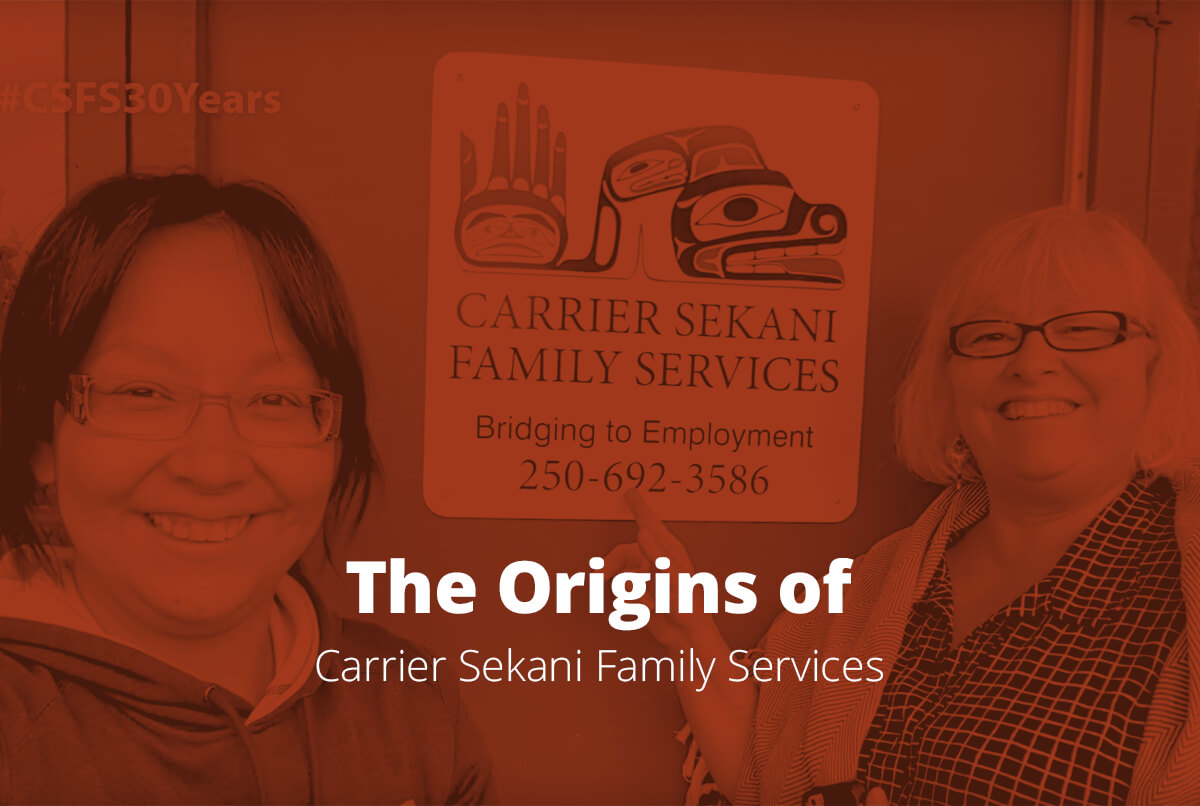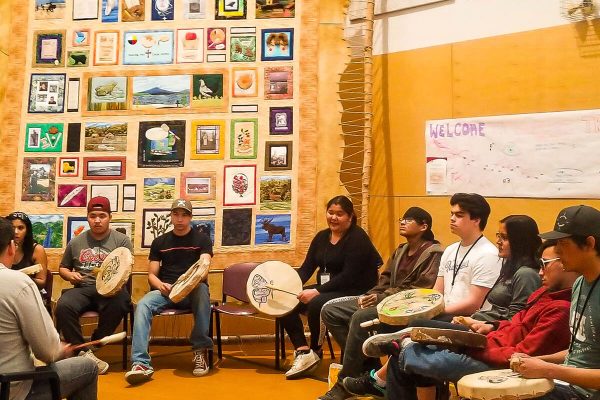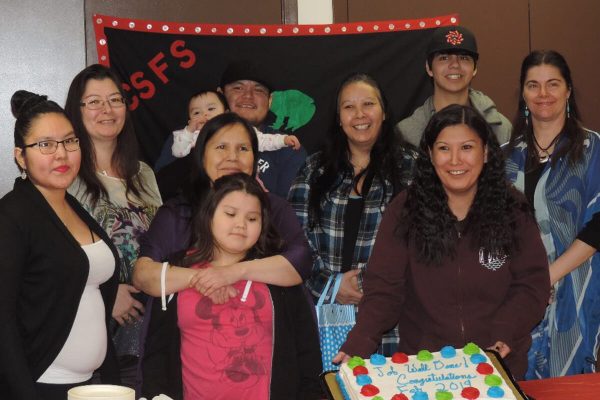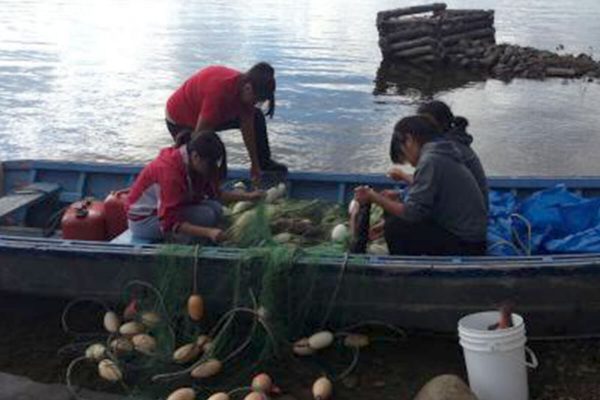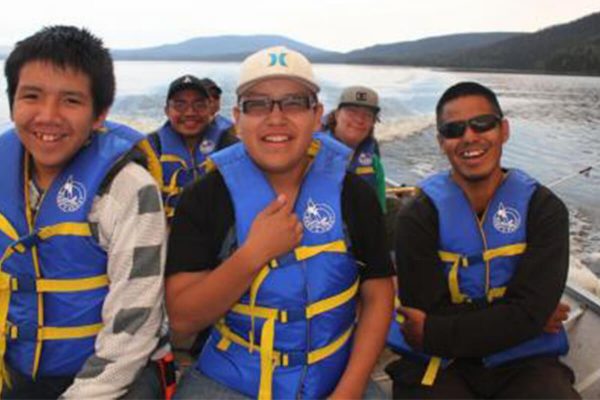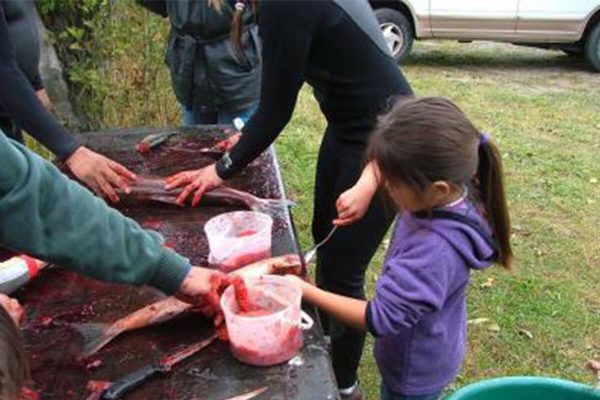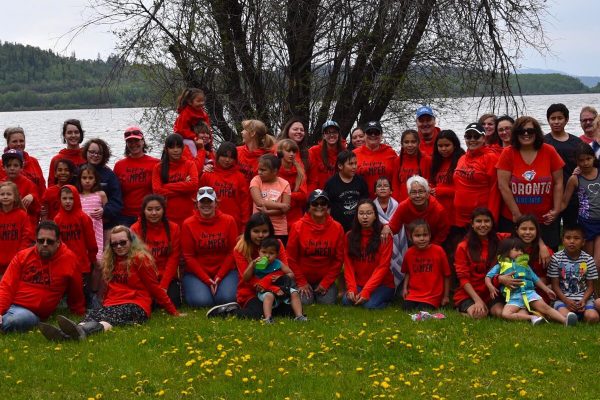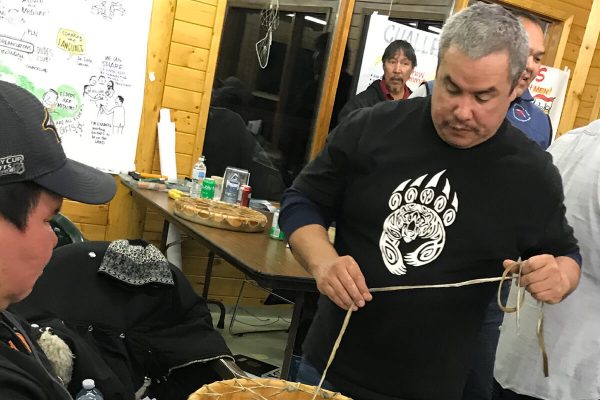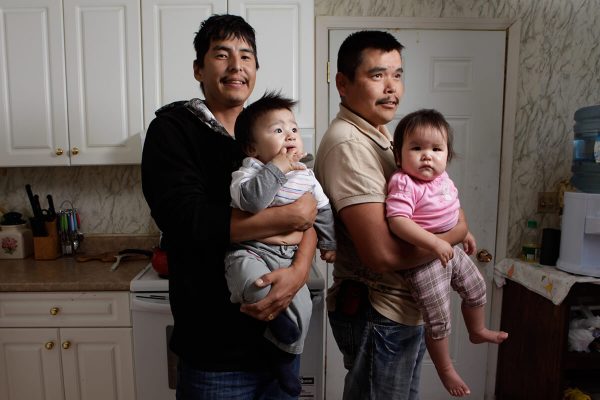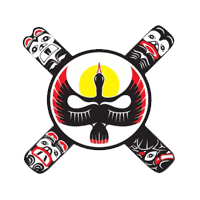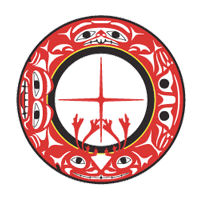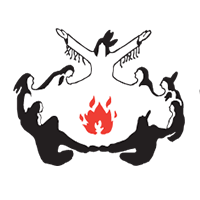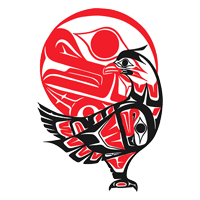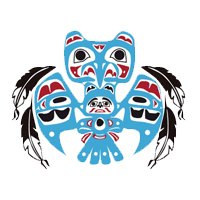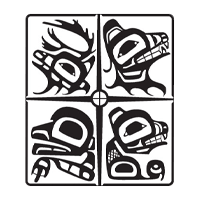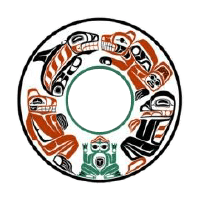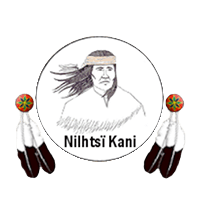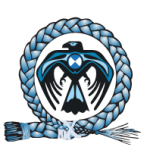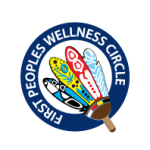Territory: Dakelh (Dene) / BC
Carrier Sekani Family Services
Nges Siy (I love you)
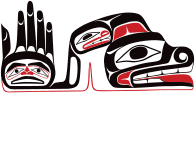
Population: 11,000+ (22 First Nations)
Language: Babine-Wet’suwet’en, Sekani, and Carrier
This is the story of a community-driven partnership with lasting implications for programming and services for children, youth, and families. It has paved the way for culturally-grounded programming, with funding agreements that ensure Indigenous knowledge and ways are held firmly at the center. Fundamental to the process has been the centring of youth and Elder perspectives, and the necessary structural supports to continue to keep those voices front and center in service decision-making, design, and delivery.
Community members were saying that connecting young people with culture, language, and land were central to promoting life. However, initial efforts to fund prevention efforts to work in these ways were not successful. So, Carrier Sekani Family Services (CSFS) partnered with the University of Northern British Columbia (UNBC) to engage in a five-year project. This project aimed to build community capacity in suicide prevention by reconnecting youth and Elders to engage in traditional cultural activities as a method of suicide prevention. At the same time, qualitative and quantitative research was conducted to test the effectiveness of different cultural interventions.
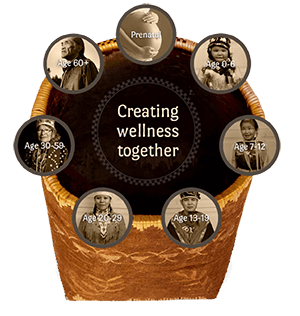
Specific interventions included a) culture camps, b) canoe journeys, and c) the development of a suicide manual guided by a community advisory committee. The manual is a strengths-based approach that teaches young people about suicide intervention specifically through Carrier Sekani First Nations Values. In fact, this work now informs all programming at CSFS with the inclusion of these Values as Guiding Principles for the entire agency.
A strength of the partnership between CSFS and UNBC is the fact that the programming continues through CSFS, even after the research funding has ended – it has been a seamless transition, and a sustainable, community-driven model for building capacity. The combination of designing and implementing these interventions while researching them creates an evidence base for the promotion of culture and tradition as a basis for suicide resilience. This is valuable for other communities wishing to develop programming based on their own teachings, led by their own people.
”When I see the youth that we took on those early canoe journeys, we still have that bond. It’s really cool. I just saw one of our youth; he happened to be at our Annual General Assembly. He pulled out his phone and showed me his Facebook page, where he had a picture of the first fish he ever caught – that was ten or more years ago! He was living in care at that time, and that was one of his fondest memories – when he sees you he pulls it up; it’s still on his Facebook page. These experiences are hugely important.
Travis Holyk
Practice in Detail
Carrier Sekani children and families were struggling: child apprehension rates were high, as were rates of suicide, self harm, substance misuse, and gang activity among young people. Existing suicide prevention and other resources were not reflecting what the community was saying it needed. In response, Carrier Sekani Family Services partnered strategically with the University of Northern British Columbia to support capacity building for community-led approaches to supporting young people that are grounded in Carrier Sekani values, teachings, language and practices. At the same time, this project researched the effectiveness of these approaches, which helped to strengthen the case for prevention efforts that center culture, contributing to the sustainability of this work after the research funding ended. The work conducted through this partnership relied on a Leadership Advisory Council (LAC) consisting of Elder and youth representatives from 11 communities to guide it at every step. The project used a community-based participatory action research approach. The LAC determined that the training and resulting manual should be organized around eight strong Carrier Sekani values: Respect, Compassion, Wisdom, Responsibility, Caring, Sharing, Harmony, and Balance.
During the research project, 130 youth between the ages of 13 and 25 were recruited to participate in culture camps. Pre- and post-camp surveys and tests for depression, hopelessness, self-esteem, and suicide ideation were administered. Interviews and focus groups also took place to create qualitative data (and these were vitally important as they highlighted the cultural bias to some of the standardized tests that were used). Through all of this, substantial evidence was gathered to support ongoing opportunities to bring youth and Elders together to engage in land-based cultural practices as an effective approach to life promotion and suicide prevention.
This paved the way for the ongoing integration of culture into Carrier Sekani Family Services core prevention programming moving forward. Currently, here are some of the opportunities provided:
- Train-the-trainer sessions, guided by the manual, train youth to support one another throughout the communities.
- The Walk Tall program provides gender-specific teachings, recreational opportunities, prevention and educational workshops that center traditional practices, and youth leadership and development opportunities.
- Culture camps and canoe journeys are held each year to teach youth the traditional practices of Carrier Sekani Territory. With support of Elders and knowledge holders, the youth and their chaperones are taught to process fish, hunt, and gather berries and traditional medicine plants.
- Through the Saik’us youth mentorship program monthly youth events are hosted, which are open to all youth and facilitates an elder youth mentorship program which is open to Saik’uz youth in care.
- The Carrier Sekani Family Services Youth Council meets once a week, and provides youth accessing CSFS Youth services with an opportunity to provide insight and guidance to CSFS Youth Services staff.
Following the values identified by the LAC, these opportunities are open to all community members – though they are especially impactful for young people who may be in the foster care system or otherwise at risk. Funding agreements recognize the need for a full-time coordinator and staff, as well as other resources to facilitate the involvement of youth, Elders, chaperones, and knowledge holders. This is resource-intensive work that requires a concerted commitment to building relationships and capacity over time.
